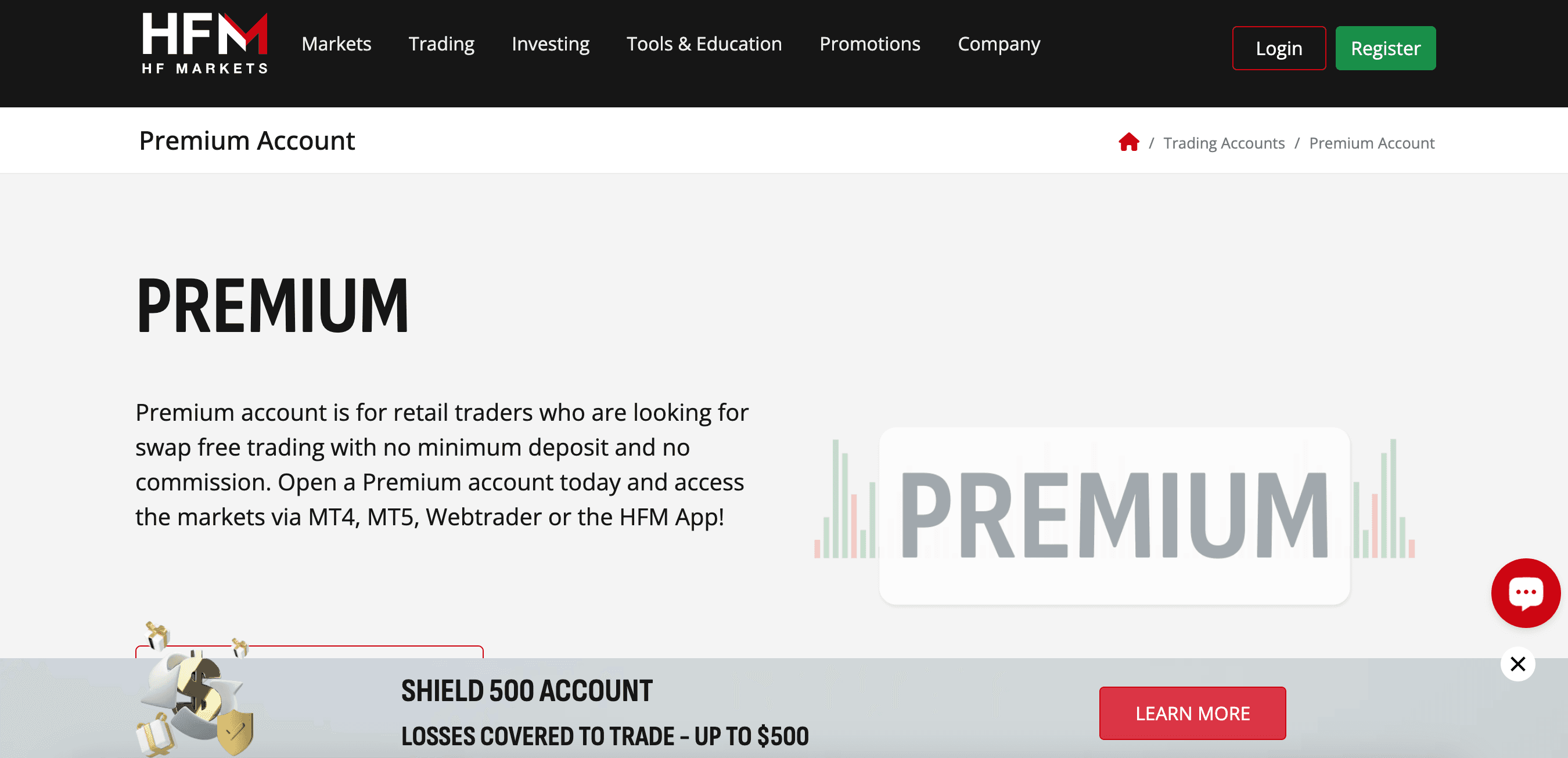Safeguarding your Forex trading journey is paramount. In the dynamic world of finance, where digital platforms connect traders to global markets, cybersecurity is no longer an option but a necessity. With cyber threats evolving rapidly, protecting your accounts and sensitive data is crucial.
This article delves into the critical importance of cybersecurity in Forex trading. We'll explore how to fortify your defenses against cyberattacks, safeguarding your hard-earned funds and personal information.
Understanding Forex Trading Cybersecurity
Definition and importance
Forex trading cybersecurity is about protecting your trading account from hackers. These bad people try to steal your money and information. It's like putting a strong lock on your online trading door. Cybersecurity helps keep hackers out and your money safe.
Cybersecurity is very important for traders. It protects your hard-earned money and your personal information. When you keep your account safe, people trust you more. Trust is key in trading. Also, a safe account means you can focus on trading without worrying about losing money to hackers.
Common threats in Forex trading
Hackers use many tricks to steal from traders. One common trick is phishing. They send fake emails that look real to get your information. Another threat is malware. This is bad software that hides on your computer and steals information. Some hackers try to break into your trading platform. They want to control your money. It's important to know about these threats to protect yourself.
Be careful with emails and downloads. Don't click on links or open attachments from unknown senders. Use strong passwords, and change them often. Keep your software up to date. These steps can help you stay safe.
Understanding Cybersecurity Risks in Forex Trading
Phishing attacks
Phishing is when bad guys try to trick you. They send fake emails or messages that look real. They want your personal information, like passwords or credit card numbers. Be careful with emails from unknown senders. Don't click on links or download attachments. Protect your account by being smart.
Malware and spyware
Malware and spyware are like computer viruses. They can steal your information or control your computer. These bad programs can come from emails, websites, or downloads. Use antivirus software to protect yourself. Keep your software updated. Be careful what you click on.
Account hacking
Hackers want to steal your money. They try to break into your trading account. Use strong passwords and two-factor authentication. Be careful with public Wi-Fi. Monitor your account for unusual activity. Report any suspicious things to your broker.
Creating Strong Passwords
1. Importance of Strong Passwords
Strong passwords are like guards protecting your digital life. Hackers are always trying to break in. Use strong passwords to keep them out. Your passwords protect your money, your personal information, and your online accounts.
2. Tips for Creating Strong Passwords
Make it challenging to decipher your passwords. Make use of a range of symbols, numbers, and characters. It is better to use long passwords than short ones. Simple details, like your pet's name or birthday, should not be used.
Never set up several accounts with the same password. Hackers can use a password they've stolen to access other websites.
Try coming up with unique passwords. Make them hard to remember, and to help you with that, use a password manager.
3. Using Password Managers
Password managers are like digital assistants for your passwords. They store all your passwords in one safe place. You only need to remember one master password. These tools create strong passwords for you. They help you stay organized. And they protect your passwords from hackers.
Use a password manager to make your online life easier and safer.
Two-factor authentication (2FA)
1. What is 2FA?
Your online accounts will have an additional lock added to them thanks to two-factor authentication (2FA). This means that when you log in, you have to provide two distinct forms of identification. For instance, you may require a code texted to your phone and your password, which are both known to you. Because of this, hackers will have a much tougher time accessing your accounts.
2. Benefits of Using 2FA
It's like having a safety belt for your online life when you use 2FA. You are shielded from hackers who attempt to steal your data. The code from your phone is still required to log in, even if someone manages to steal your password. This additional security measure might save you a great deal of hassle.
3. How to Set Up 2FA
Many websites and apps offer 2FA. Look for the settings or security options. You'll usually be asked to provide a phone number. Then, when you log in, you'll get a code sent to your phone. Enter the code to access your account. Some apps also use fingerprint or face recognition as a second factor.
Setting up 2FA is easy and can make a big difference in protecting your accounts.
Remember: Not all 2FA methods are equally secure. Using an authentication app is generally more secure than SMS.
Secure Your Trading Platform
1. Choosing a secure trading platform
When choosing a trading platform, security should be a top priority. Look for platforms that use encryption to protect your data. Check if they offer two-factor authentication (2FA). Read reviews and look for any reports of security breaches.
A reputable broker with a secure platform is essential for protecting your funds. Don't be tempted by platforms that promise unrealistic returns or have poor security measures.
2. Keeping software up-to-date
It's critical to keep your computer software and trading platform updated. Security patches are frequently included in updates to address vulnerabilities. To exploit this, hackers search for out-of-date software.
Verify the updates for your operating system, browser, and antivirus program. Additionally, often check your trading platform for changes. By doing this, you can safeguard both your trading account and PC.
3. Recognizing suspicious activity
Check out what's going on with your account. Examine your statements regularly. Watch for any strange transactions or logins. Immediately contact your broker if you see anything suspicious.
Phishing tactics are common. Be wary of emails or messages that ask for personal information. Refrain from downloading files or opening links from senders you are unfamiliar with. Protect yourself from these swindlers.
By following these tips, you can protect your funds and significantly increase the security of your trading platform.
Protecting Your Personal Information
1. Avoid sharing personal information
Your personal information is valuable. Don't share it with strangers or companies you don't trust. Be careful on social media. Limit the information you share publicly.
2. Secure communication channels
When sharing vital information online, always be sure you use a secure connection. Check your browser's address bar for the padlock icon. Avoid public Wi-Fi when performing vital business.
3. Regularly updating personal information
Keep your details up to date. This contains contact details, passwords, and security questions. Check your credit record for any questionable activities. Be alert to data breaches and take precautions to secure your information if it is compromised.
By following these guidelines, you may considerably decrease the danger of identity theft and safeguard your personal information.
Safe Browsing Practices
1. Avoiding suspicious links
Use caution while clicking on links in emails, texts, or social media. Please avoid clicking on links from unknown senders. Hackers use them to steal personal data. Don't click any links that appear unusual or suspicious.
2. Using secure connections (HTTPS)
Look for a padlock icon in your browser's address bar. This indicates that the website is secure. HTTPS websites secure your information. Avoid websites without a padlock.
3. Importance of a secure browser
A secure browser protects you online. Keep your browser up-to-date. Use a browser that includes strong security measures. Browser extensions and add-ons should be used with caution. Some may be dangerous. By following these steps, you may lessen the danger of cyberattacks and safeguard your personal information.
Using Antivirus and Anti-Malware Software
1. Benefits of antivirus software
Antivirus software protects your machine. It protects you from viruses, which are destructive programs. These viruses may steal your data, corrupt your files, or even take over your machine. Antivirus software analyzes your computer for and eliminates viruses.
2. Choosing the right software
There are many antivirus software options available. Look for software that is well-known and has good reviews. Consider features like real-time protection, automatic updates, and firewall protection. Some software offers free versions, while others require a subscription. Choose the one that best fits your needs and budget.
3. Regular scans and updates
Update your antiviral program frequently. Because new viruses are always being developed, you need to keep your software updated to be safe. Although the majority of antivirus programs offer automated updates, it's a good idea to sometimes perform a manual check.
Run routine checks on your computer. This helps find any dangers that could have gotten through. Automatic scans can be scheduled or performed manually as needed.
Keep in mind that internet security comprises more than simply antivirus software. Combine it with other safety precautions, such as using strong passwords and being cautious when visiting links, to be secure online.
Backing Up Your Data
1. Importance of data backups
Your data is valuable. It could be photos, documents, or important files for work or school. Losing this data can be a big problem. A backup is a copy of your data stored in a different place. This way, if something happens to your computer or phone, you still have your information.
2. How to back up your data securely
There are several solutions for data backup. There are three alternatives available: a USB flash drive, an external hard drive, and internet storage. External hard drives work similarly to enhanced PC storage. You may transfer your files to them simply by plugging them in.
Despite their small size, USB flash drives have a large storage capacity. They are lightweight and portable. When you save your information online, it is safely kept in the cloud. This implies that you save your data on the internet.
Choose a backup option that meets your demands and personal preferences.
3. Best practices for data storage
To keep your data safe, follow these tips:
- Back up your data regularly. Don't wait until it's too late.
- Store your backups in a safe place. Don't keep all your backups in one place.
- Encrypt your backups. This adds an extra layer of protection.
- Test your backups. Make sure you can restore your data if needed.
- Update your backups. As you create new files, add them to your backups.
By following these guidelines, you can protect your valuable data from loss.
Conclusion
Understanding and preventing cybersecurity risks is critical for anyone engaged in forex trading. Phishing assaults, malware, and account hacking are all potential threats to your financial security when trading forex. To be safe, always safeguard your trading platform by using trusted software and keeping it up to date. Protecting your personal information is critical; never send sensitive data via unprotected networks. Adopting cybersecurity best practices for forex traders, such as using strong passwords, activating two-factor authentication, and staying up to date on the newest threats, will help protect your accounts and data, resulting in a safer trading experience.




